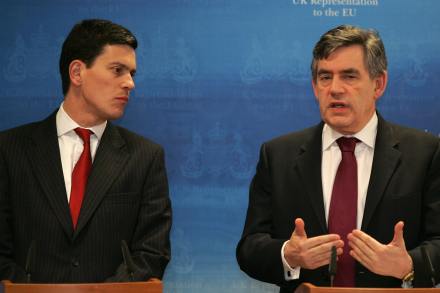Scotland, Britain and Beijing
My old cobber, Iain Martin, wrote an interesting column for the Telegraph yesterday arguing that the success of the British Olympic team in Beijing demonstrates that there’s life in the old Union yet. There may be something to that. At least there may be right now, this week, this month. Certainly, he is right to argue that: Too often of late, Unionists have made their case in cold and exclusively economic terms, as though this were simply a matter of totting up various columns of pounds, shillings and pence, until a definitive answer on the constitution is arrived at. It is not always just the “economy, stupid”. Indeed so. A












